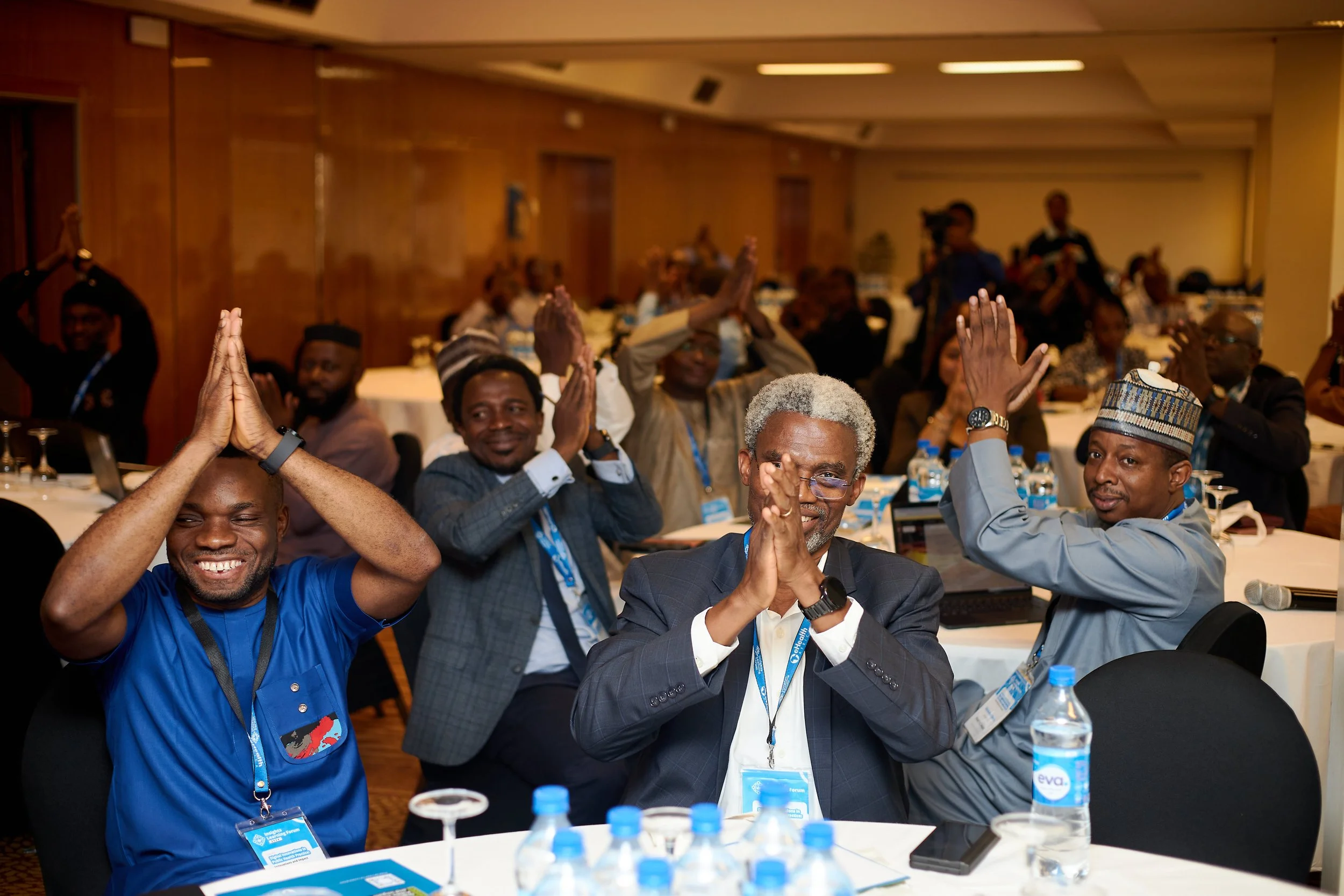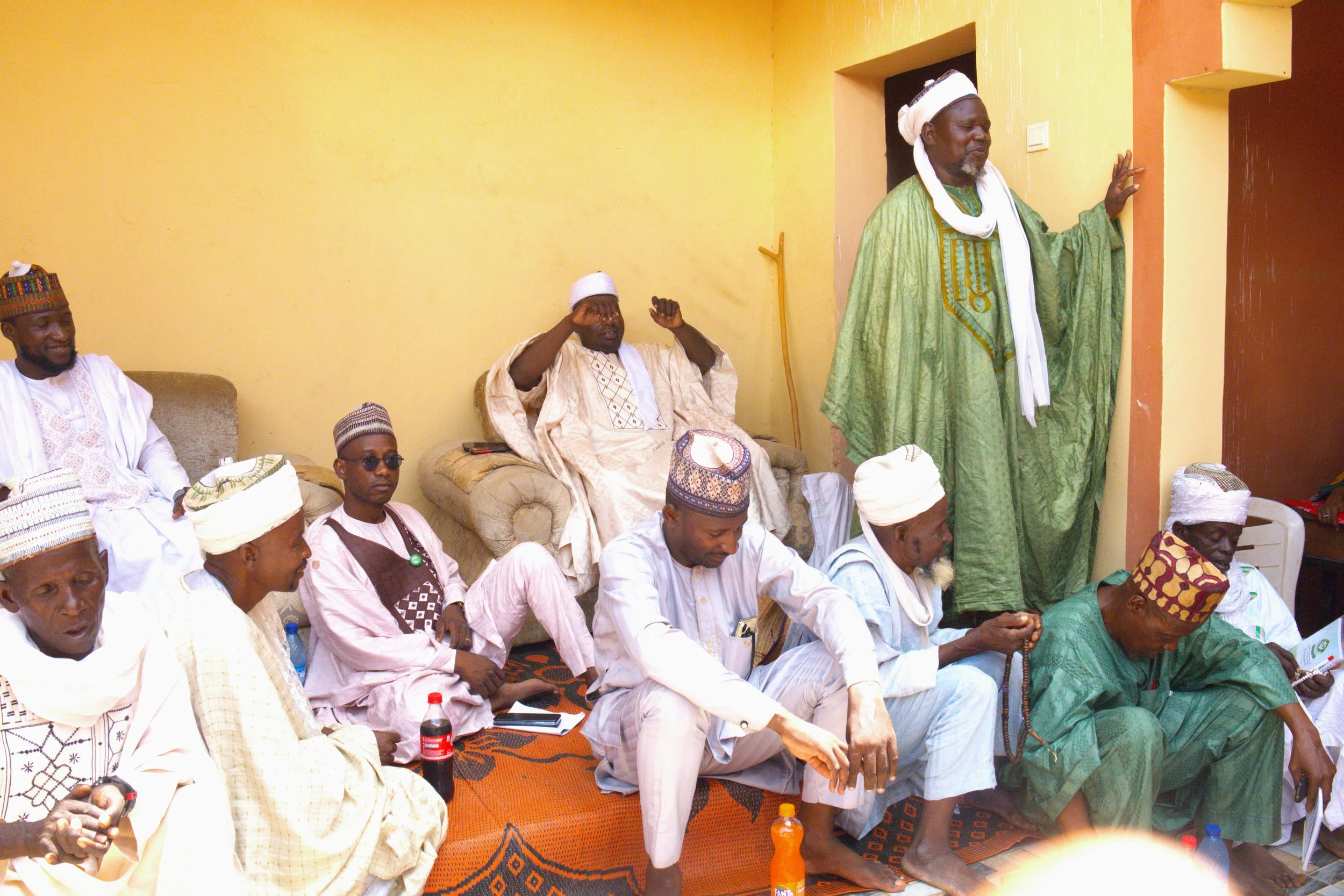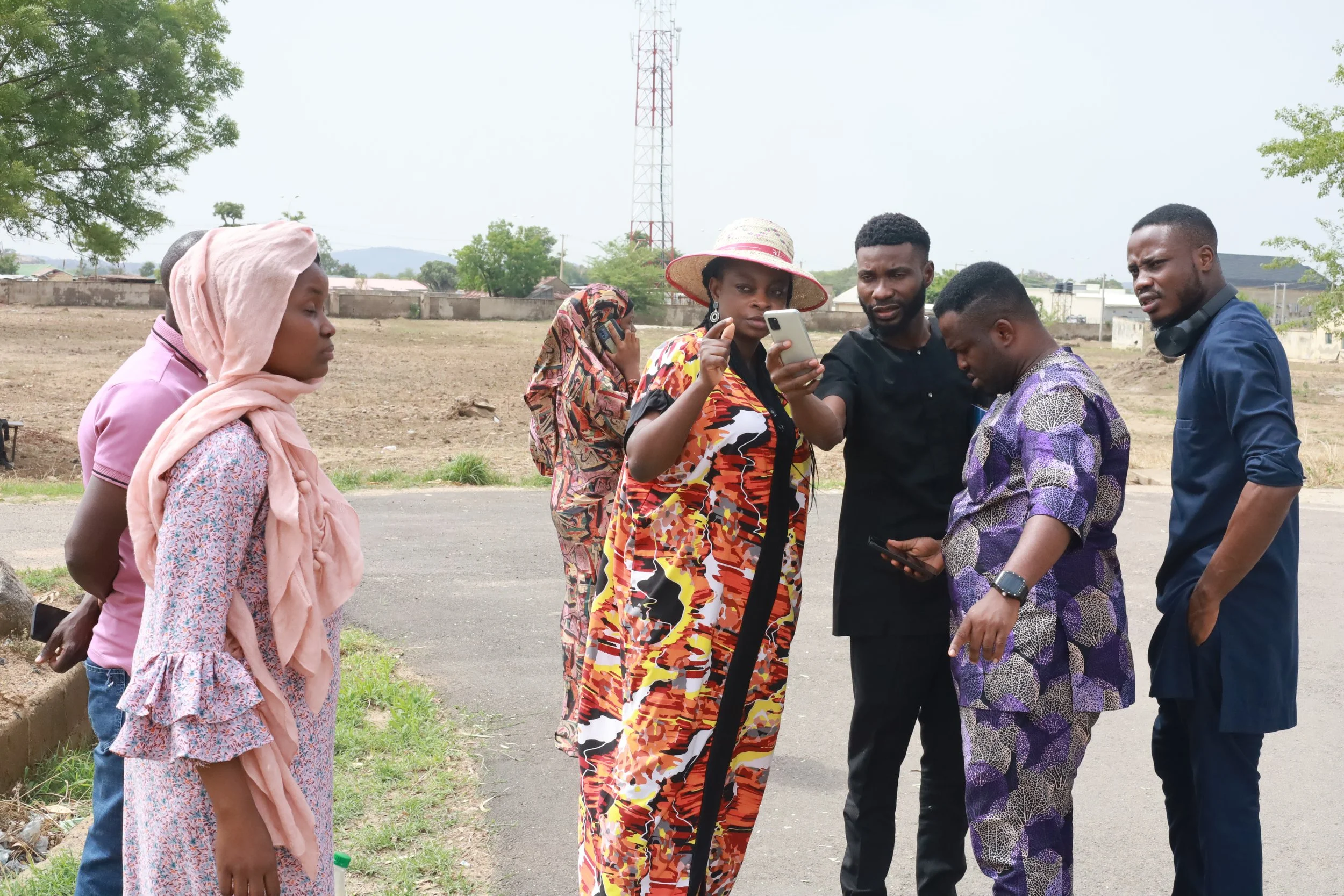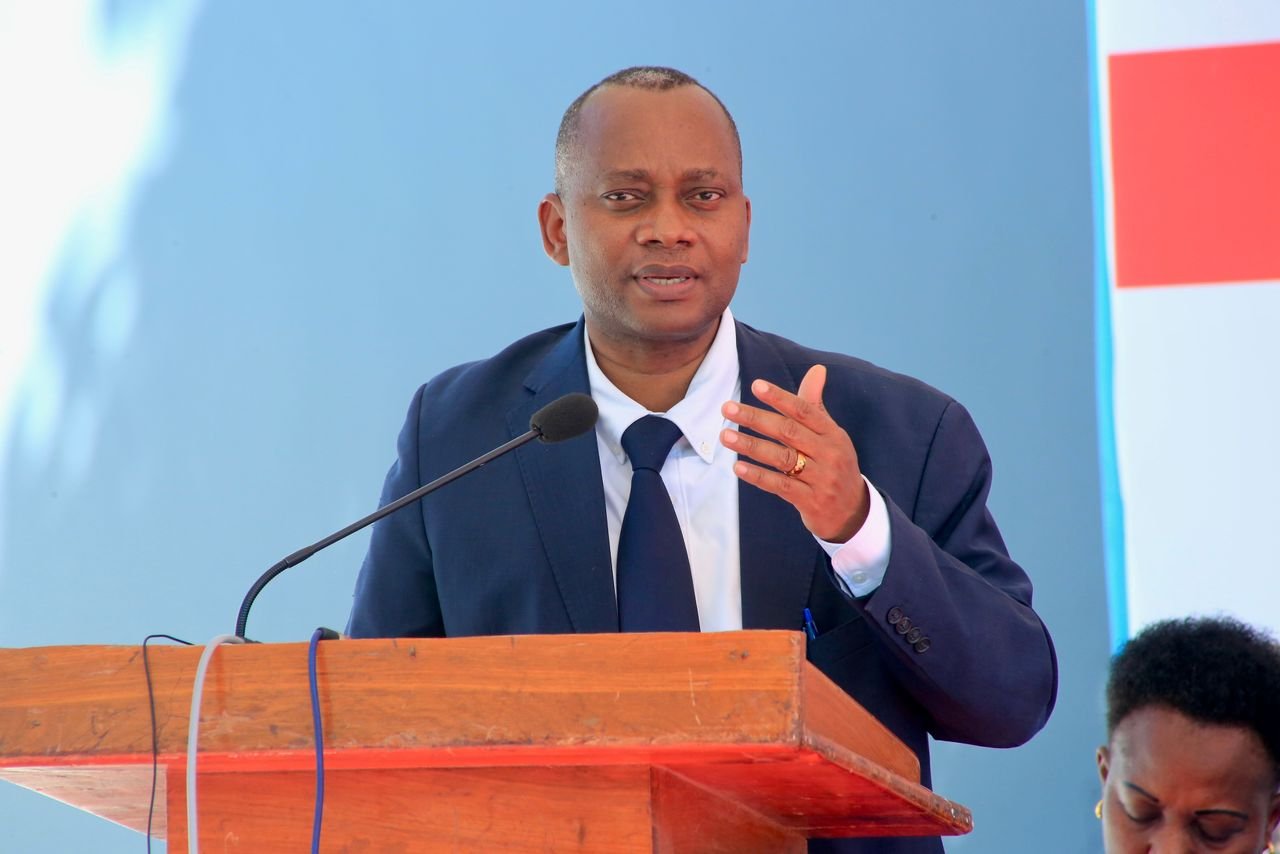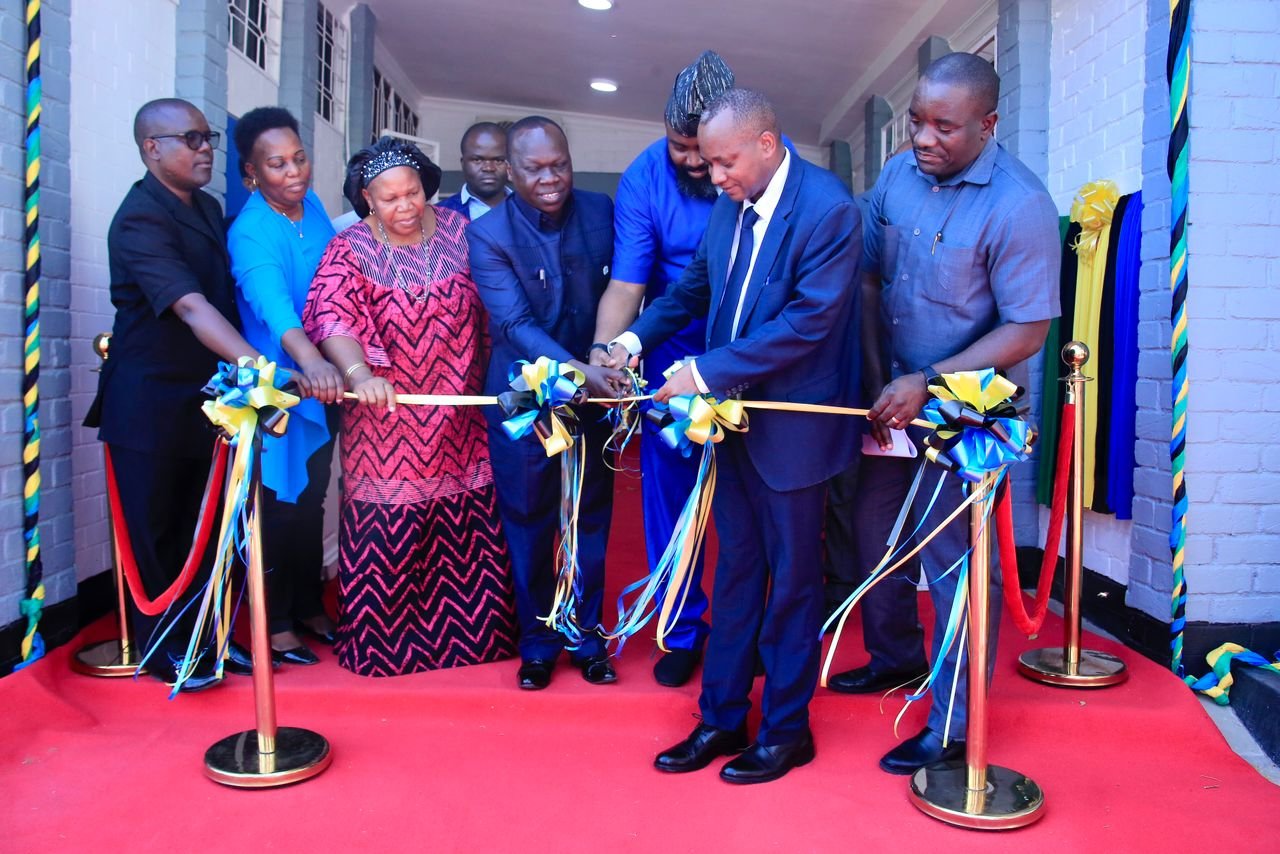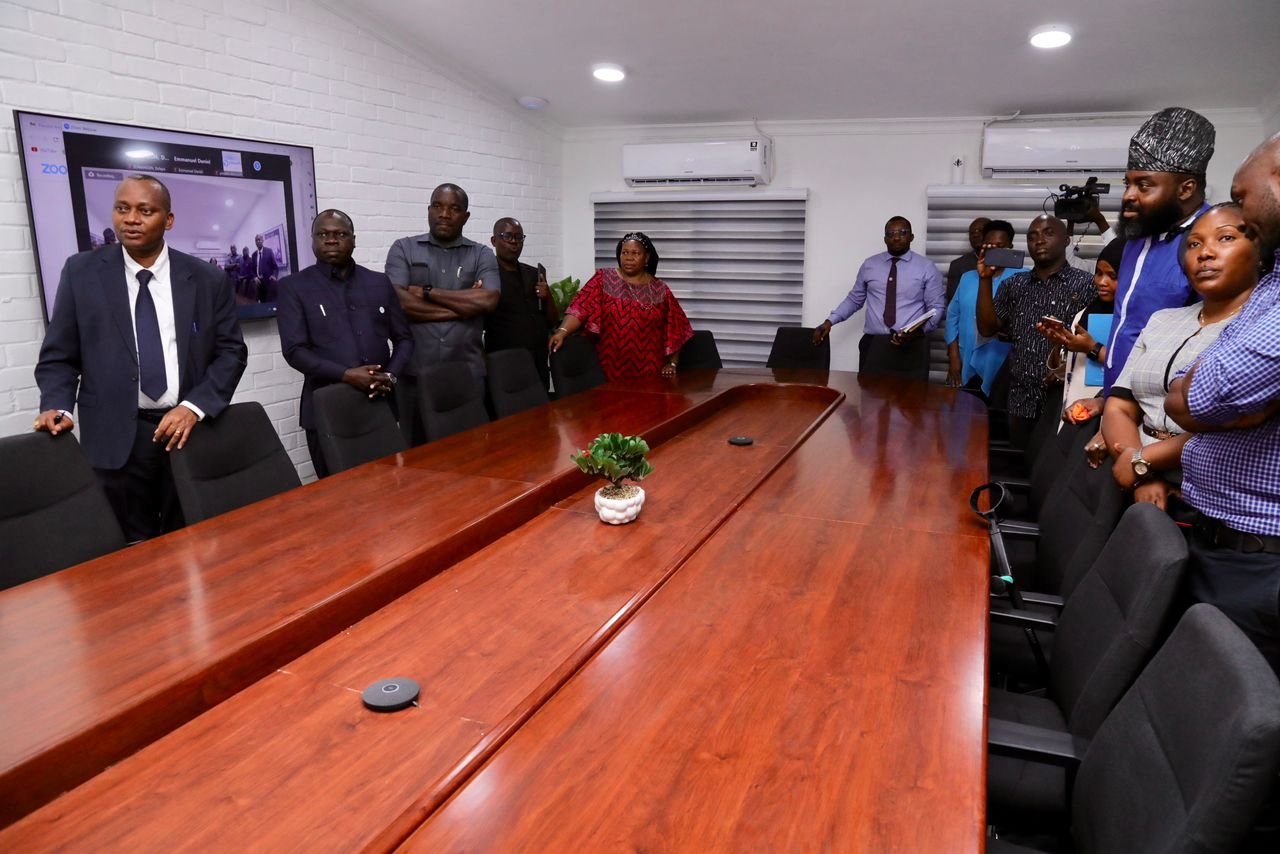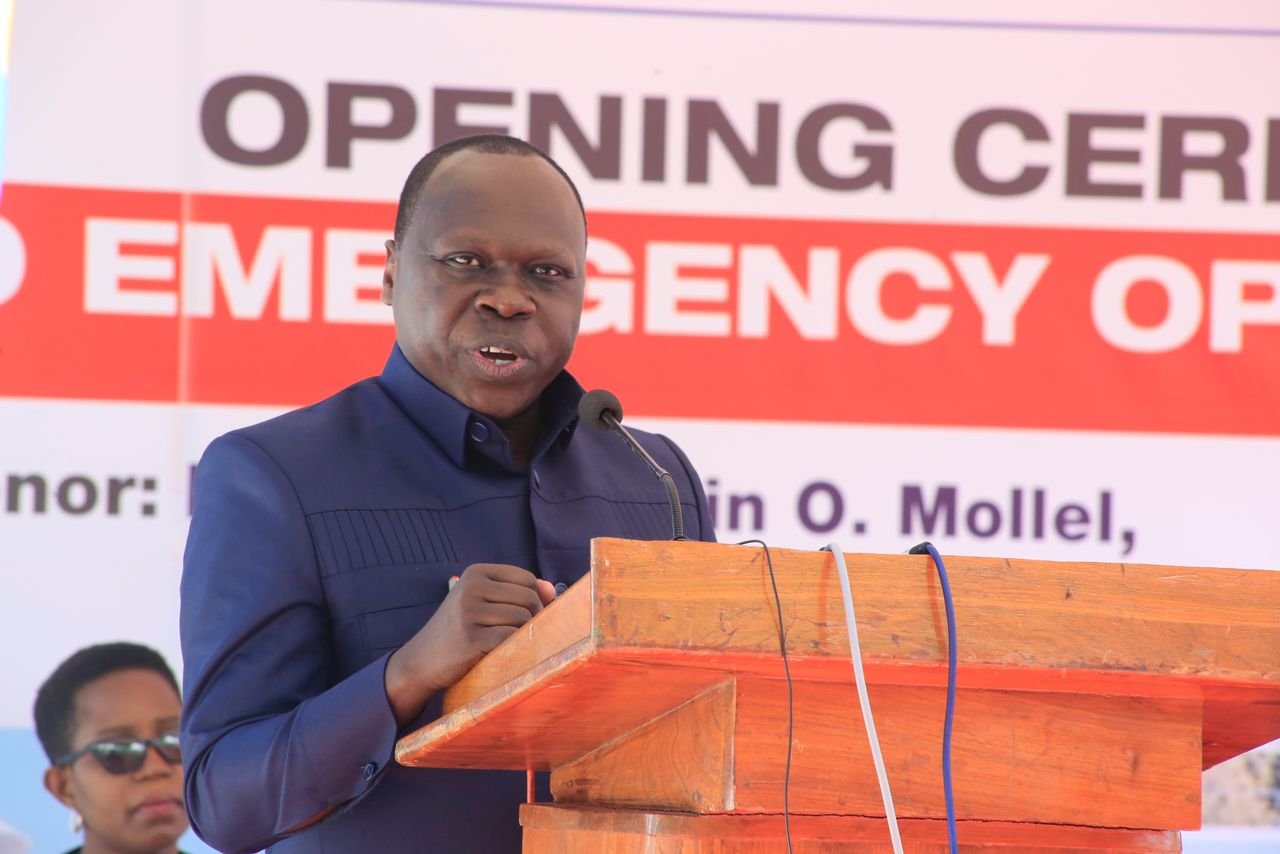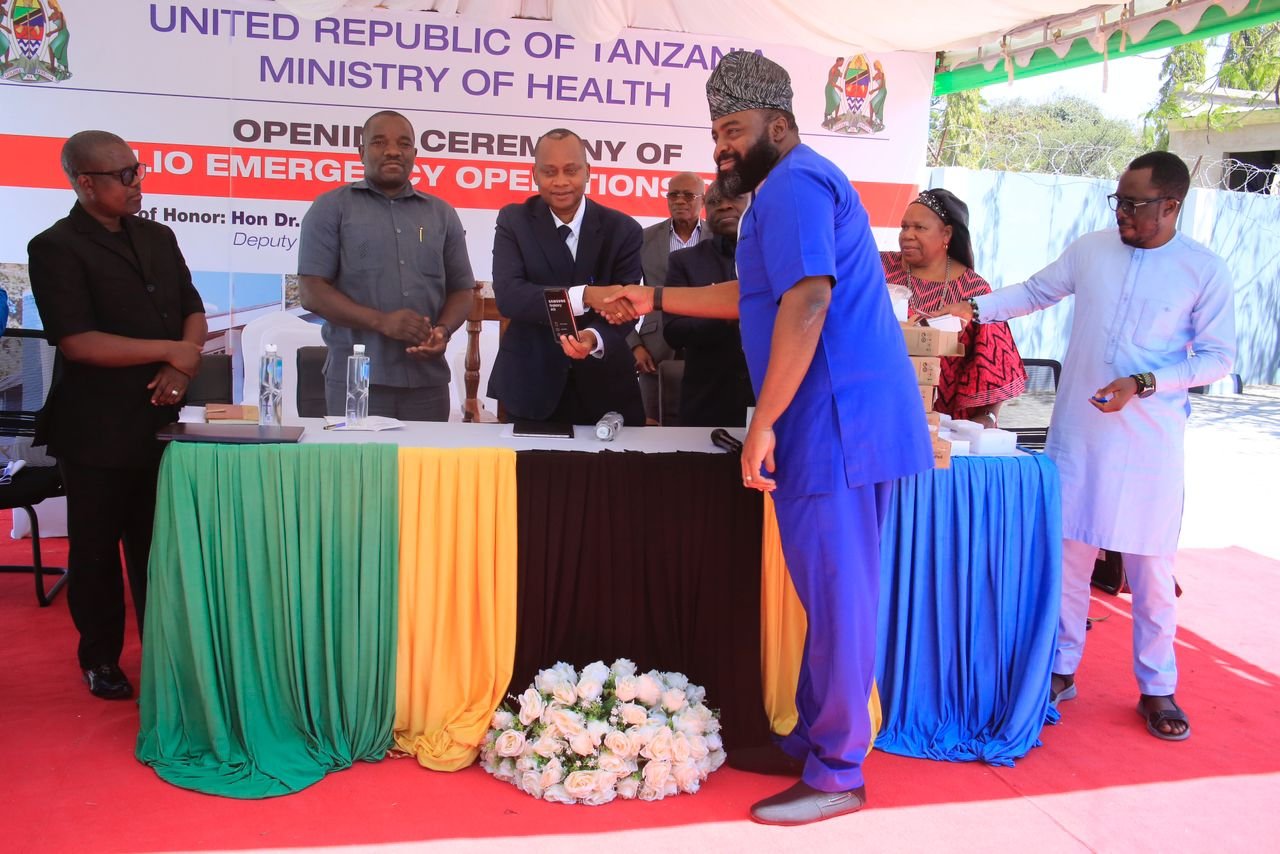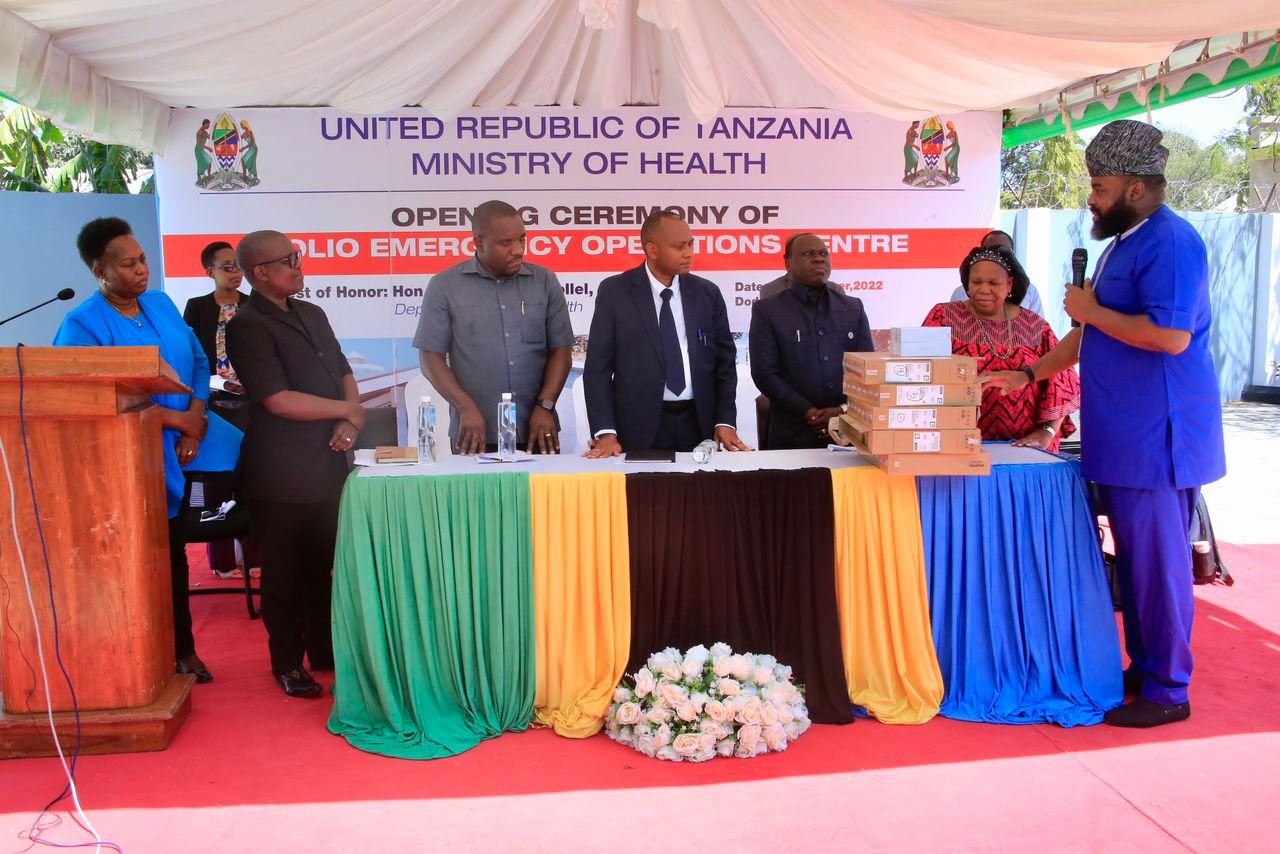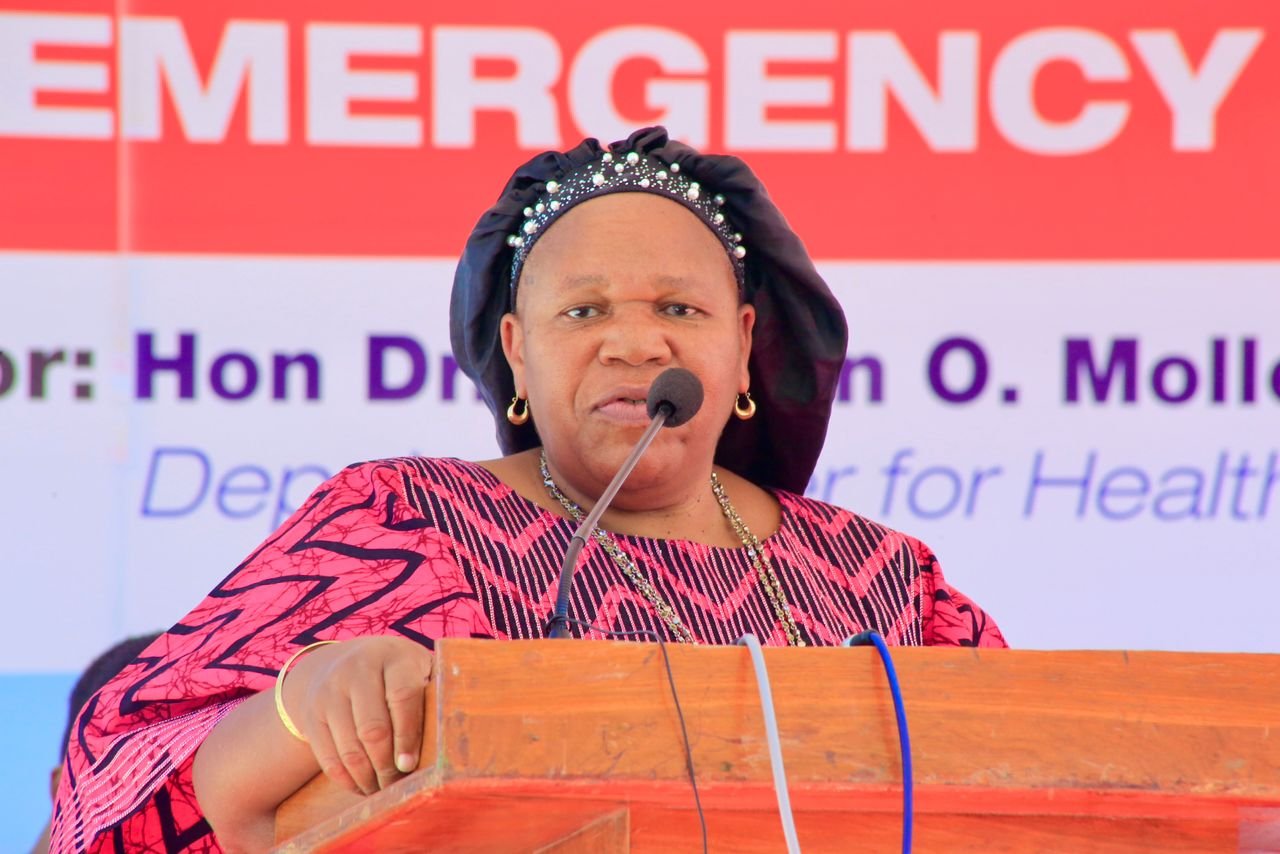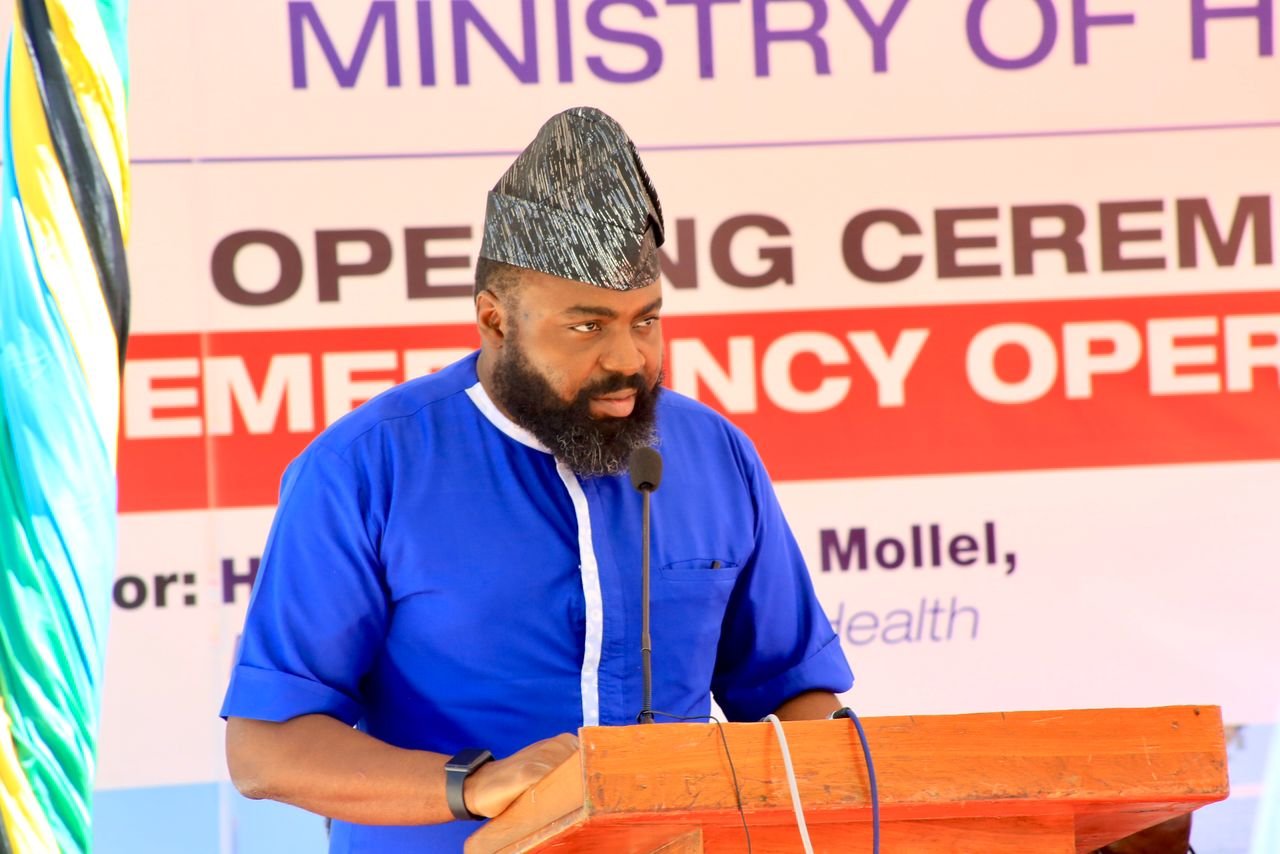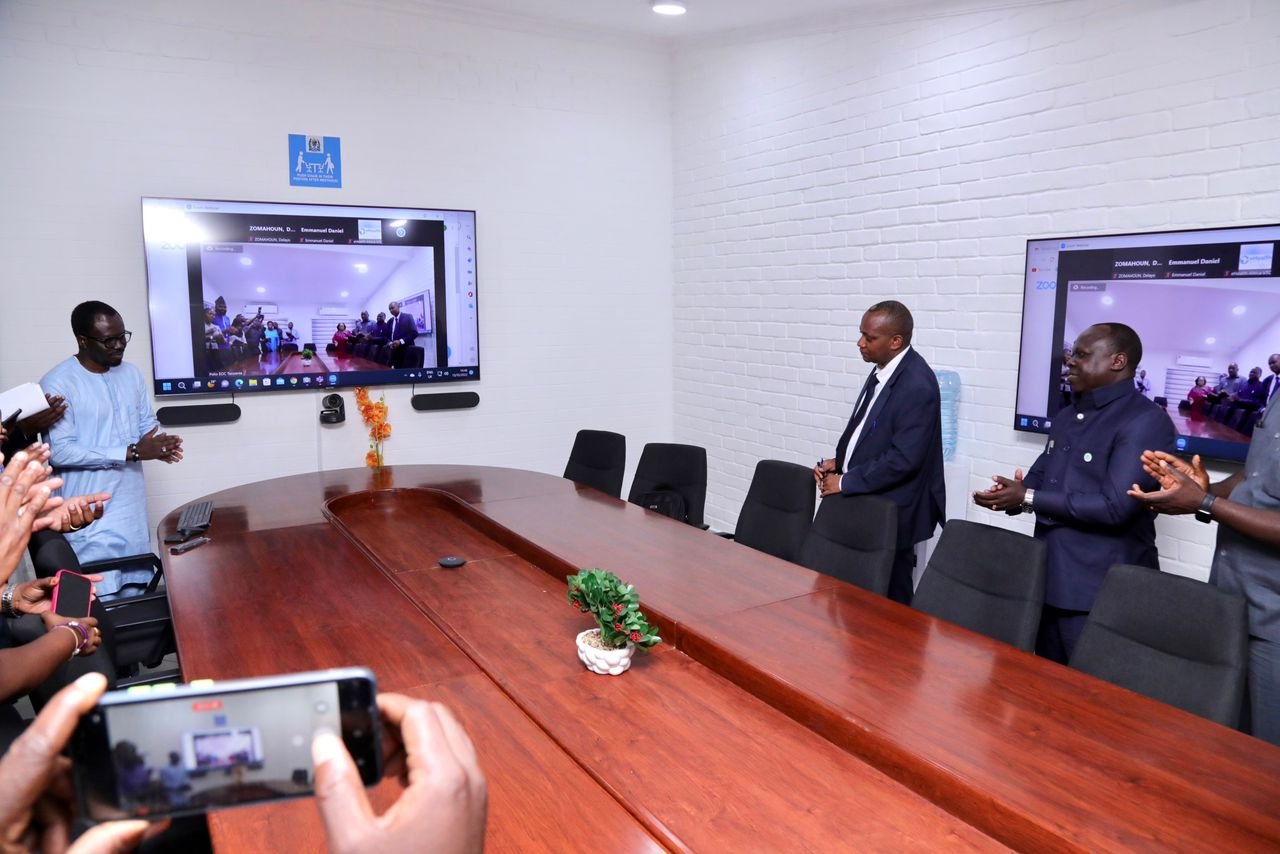Kano, Nigeria
Staff who attended the training physically at the eHealth Africa's HQ office in Kano State.
18 years ago, Hauwa Garba, witnessed a family friend go through breast cancer and eventually lost her. She had never heard of cancer. It was a painful experience that stuck with her. It left her terrified.
Over the years, Hauwa has lost others - colleagues and friends to several forms of cancer. “It is never an easy experience to see a loved one dying gradually. Awareness of breast cancer and other cancers is very important. It is consoling to know that early detection can help save lives.” She said.
According to the World Health Organization (WHO), 2.3 million women were diagnosed with breast cancer in 2020. 685,000 deaths were recorded globally, and significant differences in breast cancer mortality rates have been evidenced among countries. As expected, low- and middle-income countries had increasing mortality rates. A study has revealed that a lack of awareness and early detection programs in developing countries is the reason for escalating mortality.
To commemorate Breast Cancer Day, eHealth Africa partnered with EHA Clinics to host a training session for the entire eHA workforce including Hauwa who is a procurement manager at the organization. The training addressed misconceptions about breast cancer, including those Hauwa had held for so long. It also reminded participants of the importance of early detection in fighting the disease. The session was anchored by Dr. Mujidat Babah, who has a verifiable track record of applying medical knowledge to the diagnosis, prevention, and management of diseases in both clinical and public health settings. She gave information on how mammogram works, new discoveries in treating breast cancer, as well as adopting the right lifestyle as a preventive measure for not contracting the disease.
Hauwa Abdulmutalib-Garba, Manager, Procurement and Asset, eHealth Africa
“I used to believe that mammograms were dangerous because of the radiation, but during the training, I learned that the radiation level used for a mammogram is insignificant.”
Asked what other lessons she'd take away from this session for other women who share similar misconceptions about breast cancer, Hauwa committed to encouraging women to examine their breasts regularly for lumps and squeeze the nipple to see if any liquid comes out. She would also advise them to go for a medical examination if anything felt strange.
The training brought together all staff of eHA Africa and staff of the eHA clinics in Kano, including their family and friends. Another Participant Aisha Bello, also commented “the training was an eye-opener for me. It was also quite revealing to me to learn that men could also get breast cancer. I always thought it was entirely a women’s issue"
eHealth Africa is intentional about staff health and well-being and continues to prioritize it at all times through insightful trainings and sebinars to optimize their performance and general well-being.

